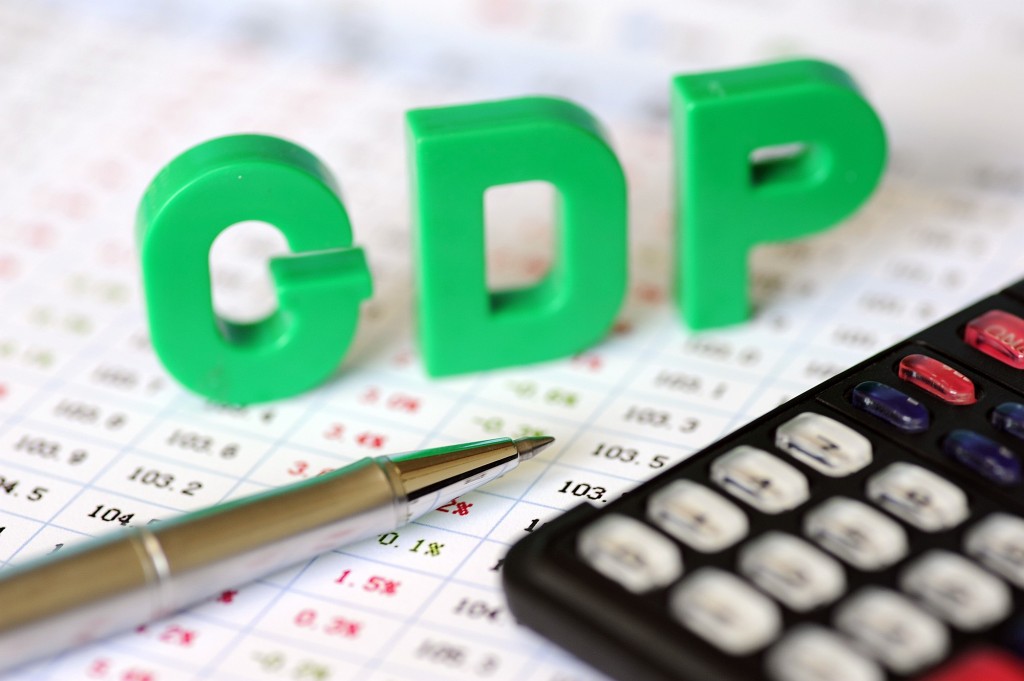EC raises Hungary GDP growth projections

In its biannual forecast released on Thursday, the European Commission raised its projection for Hungaryʼs GDP growth this year to 4.3% (up from 4.0% forecast in the spring), and to 3.4% for 2019 (up from 3.2%), state news agency MTI reported.
From this year, the European Commission has reverted to publishing two comprehensive forecasts, in the spring and the fall, and two interim forecasts, in the winter and summer.
The official government forecasts for GDP growth are 4.3% for 2018 and 3.8% for 2019, MTI noted.
Hungaryʼs GDP growth in the first half of 2018 reached 4.7%, the latest data from the Central Statistical Office (KSH) show.
The EC forecasts Hungaryʼs GDP growth will slow to 2.6% in 2020.
The Commission described economic growth in 2018 as "broad-based," while noting the support of pro-cyclical fiscal and monetary policy. It attributed the expected slowdown in growth in the following two years to a slowdown in investment growth resulting from capacity constraints in the construction sector, evidenced already by higher building costs.
The EC projects gross fixed capital formation will slow from 12.5% in 2018, to 9.4% in 2019, and just 1.0% in 2020, noting the impact on residential investment of the reversion of the preferential VAT rate on home construction to the main 27% rate from the start of 2020.
However, Hungaryʼs government announced on Wednesday, a few weeks after the cut-off date for policy assumptions in the ECʼs Autumn Forecast, that it would propose a "grandfather provision" allowing the continued application of the preferential 5% VAT rate on home construction to projects for which builders already have a permit or a registration.
Household consumption growth is seen falling from 5.2% in 2018, to 3.3% in 2019, and 3.2% in 2020, as employment growth slows and the impact of minimum wage increases fades, the EC noted.
The Commission said risks to its forecast are "balanced" as the tight labor market could sustain real wage growth, leading to faster growth in consumption, while downside risks are presented by the evolution of international trade due to Hungaryʼs strong integration with global value chains.
The EC sees Hungaryʼs general government deficit as a percentage of GDP narrowing from 2.4% in 2018, to 1.9% in 2019, and 1.8% in 2020. Capacity restraints could slow the execution of public investments planned in 2018-2019, leading to cost inflation and leaving the overall impact on the deficit uncertain, the Commission added.
The EC also projects Hungaryʼs state debt-to-GDP ratio will fall from 72.9% in 2018, to 70.3% in 2019, and 68.6% in 2020.
SUPPORT THE BUDAPEST BUSINESS JOURNAL
Producing journalism that is worthy of the name is a costly business. For 27 years, the publishers, editors and reporters of the Budapest Business Journal have striven to bring you business news that works, information that you can trust, that is factual, accurate and presented without fear or favor.
Newspaper organizations across the globe have struggled to find a business model that allows them to continue to excel, without compromising their ability to perform. Most recently, some have experimented with the idea of involving their most important stakeholders, their readers.
We would like to offer that same opportunity to our readers. We would like to invite you to help us deliver the quality business journalism you require. Hit our Support the BBJ button and you can choose the how much and how often you send us your contributions.









